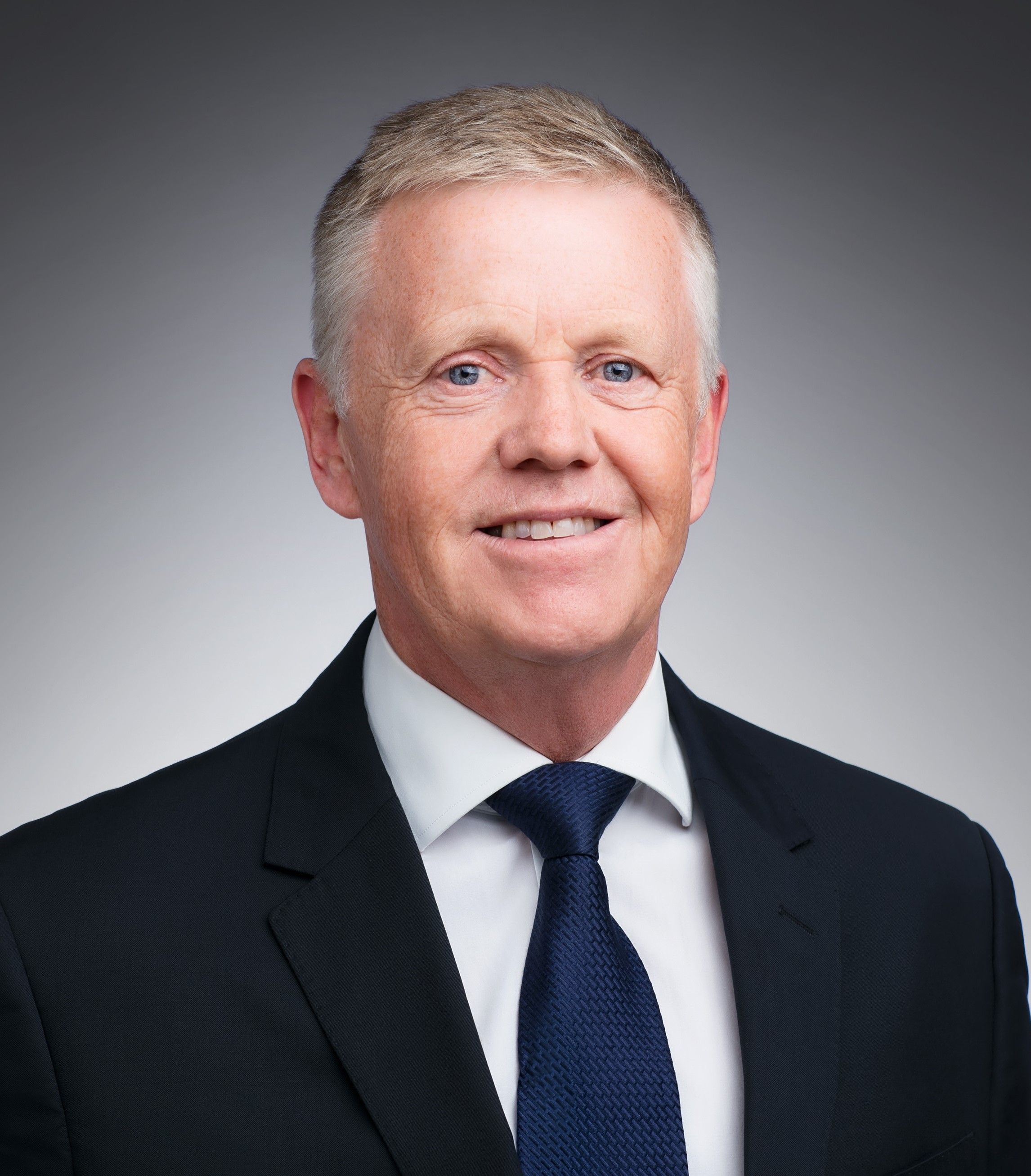-
Chairperson
-
- Where are CHRO's focusing their attention when it comes to The Future of Work?
- What are they looking for from their leadership team?
- How have CHRO's changed their outlook and strategies post-pandemic?
- What are the biggest challenges CHRO's now face?
- How can they inspire the whole organisation and lead authentically?
-
Chairperson
-
- Do your company values and purpose propositions speak to your employees and show them they belong?
- How can organisations ensure leaders are intentional about creating a strong, positive, and inclusive company culture?
- What are you doing within your businesses to create a sense of belonging for all?
- How can you make culture about emotional connection and not about bricks and mortar?
- The importance of strong company values and vision to unite employees.
-
- A look at the strategic role of HR in driving organisational change.
- How can organisations combat change fatigue among employees?
- Importance of engaging with all stakeholders on the change journey
- Ways to support employees through periods of uncertainty.
Speakers -
Key areas to be covered include:
- Trends for the future of learning
- Strategies behind enabling Generative Learning Platform
- Dissecting the key elements of GLP
-
- Retention: Exploring how pension and end-of-service benefits can be leveraged to retain top talent within organizations.
- Financial Education: The importance of educating employees on pension plans and end-of-service benefits for better financial planning.
- Corporate Tax: Examining the impact of corporate tax considerations on pension schemes and end-of-service benefits.
- New Reform: Discussing the readiness of companies and employees for the impending reforms in the pension and end-of-service benefit landscape.
- Engagement: Guidance on who to discuss and subscribe to pension plans with, ensuring compliance and maximized benefits – also the digital aspects
-
-
- Exploring the impact of global crises on organizational dynamics.
- Discussing how these crises affect employee emotions and behaviors, subsequently impacting performance.
- Understanding the factors that set the current era of global crises apart from historical ones in terms of impact and response.
- Revealing key findings from research, offering actionable insights for maintaining continuity and optimizing performance in the new era of global crises.
-
-
-
- How can you maintain employee connection whilst still offering flexible working or that transcends locations, geographies, time zones and cultures?
- Connecting employees to purpose and driving engagement
- Generating authentic connections and capturing those ‘water-cooler’ moments remotely
- Creating a sense of community and belonging for all employees
-
- What is holding leaders back when it comes to the future of work?
- In your tables groups discuss how you would address a couple of these considering everything you’ve heard so far.
-
Employees who report to effective managers are 15x more likely to be high performers, are 13x more engaged & are 3 times more likely to have high intent to stay and organisations know that management effectiveness is key to driving positive experience and performance.
But managers feel ill-equipped to lead today’s workforce in the current environment. Globally the numbers reflect that Employee Experience, Engagement, Productivity drivers are stalled and declining. How can solve for this? maximise their impact and enable managers to thrive and be their best.
All teams, all people and all managers are different – People data & mass personalisation is critical to empowering managers- Organisations need to develop practices that bring the insights, learning and know-how into live regular team interactions & discussion.
-
- How can employers empower and connect with workers no matter where they work?
- The role of internal communications to engage employees
- How can you boost engagement and productivity for Frontline workers?
- Ways to retain your hourly workforce.
- Creating a sense of belonging for all.
-
- Future Proofing: Understand future-proofing as strategic planning aimed at ensuring long-term success by anticipating future challenges and trends.
- Importance of Future Proofing: Emphasize the critical role of future-proofing in enabling businesses to thrive by staying competitive and resilient in the face of market volatility and technological advancements.
- Global Best Practices: Highlight key practices such as defining critical roles, redefining excellence, investing in management and HR technology, and understanding the aspirations of future talent.
- Traits of Future-Ready Companies: Discuss the nine essential traits that characterize future-ready companies, focusing on speed, flexibility, and purpose, to avoid bureaucracy.
- Company Culture: Stress the significance of a strong company culture that supports adaptability and readiness for future challenges.
- Competency-Based Approach to the Future: Outline strategies such as developing and engaging employees, prioritizing key result areas (KRAs), fostering trust, and encouraging adaptive communication and team ethos.
- Adaptive Communication and Team Building: Conclude with the importance of adaptive communication techniques and team building as foundational elements for a future-proof organization.
-
-
-
- Creating a positive, diverse and inclusive work environment that values and supports employees.
- Effective communication and engagement strategies to enhance the employee experience.
- Tailoring your employee experience across all of your different demographics
- Measuring the impact of your EX programs - how can you tell how well they are working?
-
- Creating a holistic listening program that moves beyond just surveys – what other ways can you listen to your organisation?
- Actioning the insights to better the business and the employee experience.
- How can you ensure that you are listening throughout the whole employee journey?
- How can you get leadership involved and invested in the process?
-
- Introduction to the evolving work landscape: Overview of the shift from traditional employment to talent on-demand, driven by a rapidly changing world and the need for organisational agility.
- Strategic implications for CHROs: Exploring the new role of CHROs in leading through change, including embracing talent on demand and fostering a culture that values agility and flexibility.
- Revisiting KPIs for agility: The need for CHROs to revisit their KPIs, i.e., how they are measured and rewarded to ensure they align with the overall agility goals.
- Three types of talent models: Examining key workforce strategies to bolster organisational agility and adaptability.
- Building a future-ready workforce: Concrete steps to integrate flexible talent models, including lessons learned from leading organisations that have successfully navigated this transition.
- Navigating challenges: Contracting, integration, and culture: Addressing the key challenges CHROs face in adopting these models.
-
- Drivers of Future of Work
- Transforming Work-Workplace-Workforce
- Role of AI and Emerging Tech
- Use Case
-
- Bringing humans and technology together to design great employee experiences that support and include the whole workforce.
- Unlocking creativity and productivity through better use of technology
- The role of tech in connecting and engaging the workforce wherever they work and enabling cross team collaboration
- How can organisations be sure of making smart decisions when it comes to which technologies to invest in and implement?
-
- What do organisations expect from their managers and leaders?
- A look at how responsibilities and expectations have changed.
- How are employers equipping their managers to lead effectively and engage teams wherever they work?
- What capabilities and skills do managers need to connect with employees?
- Developing management styles that foster an environment of trust, communication and appreciation.
-
-
-
Attendees will have a focus area or business problem to discuss in their groups. This is an opportunity to collaborate and share ideas with your fellow attendees.
The purpose of the session is to share ideas, flex your creative thinking and collaborate to discuss a challenge facing businesses / HR departments today.
-





